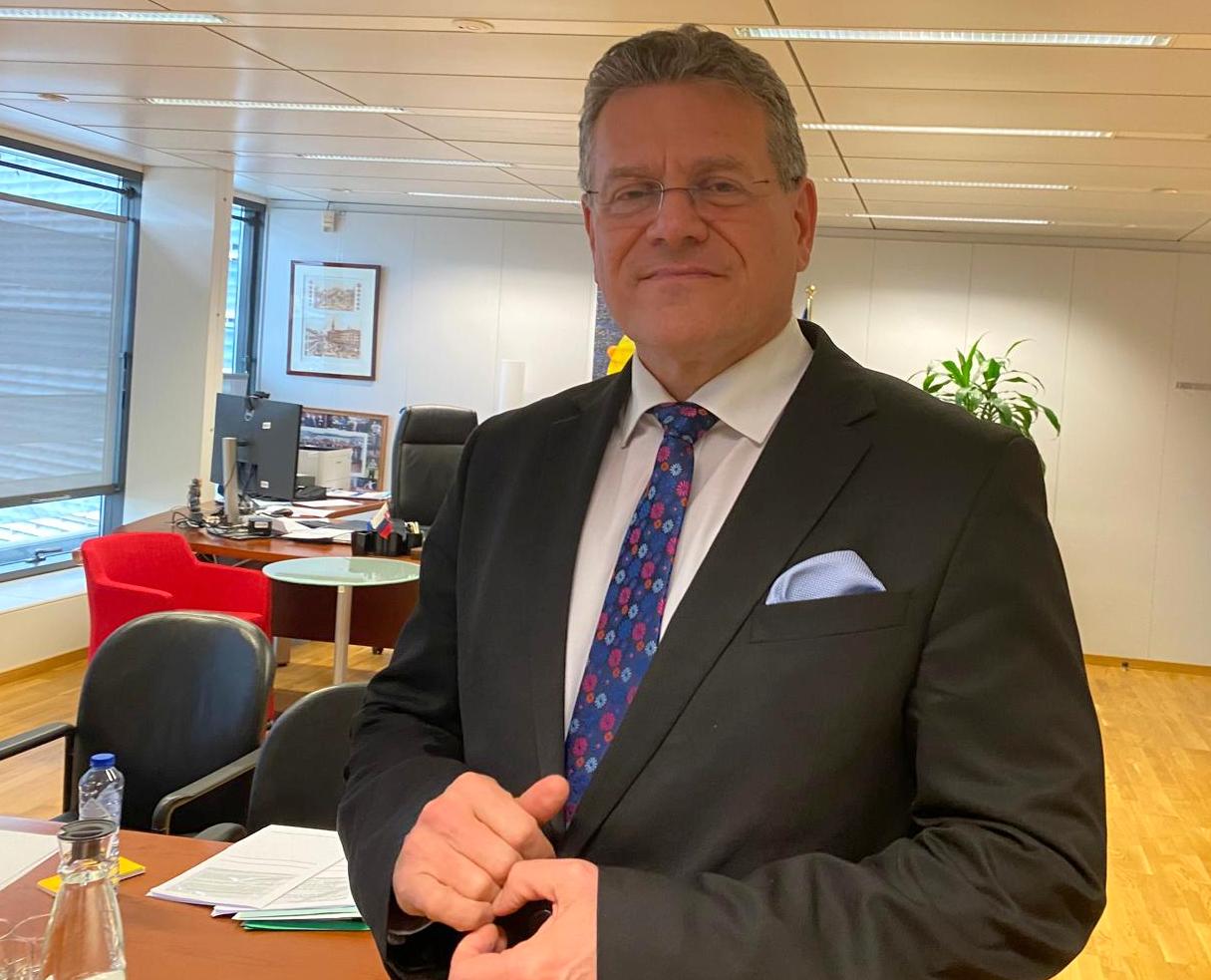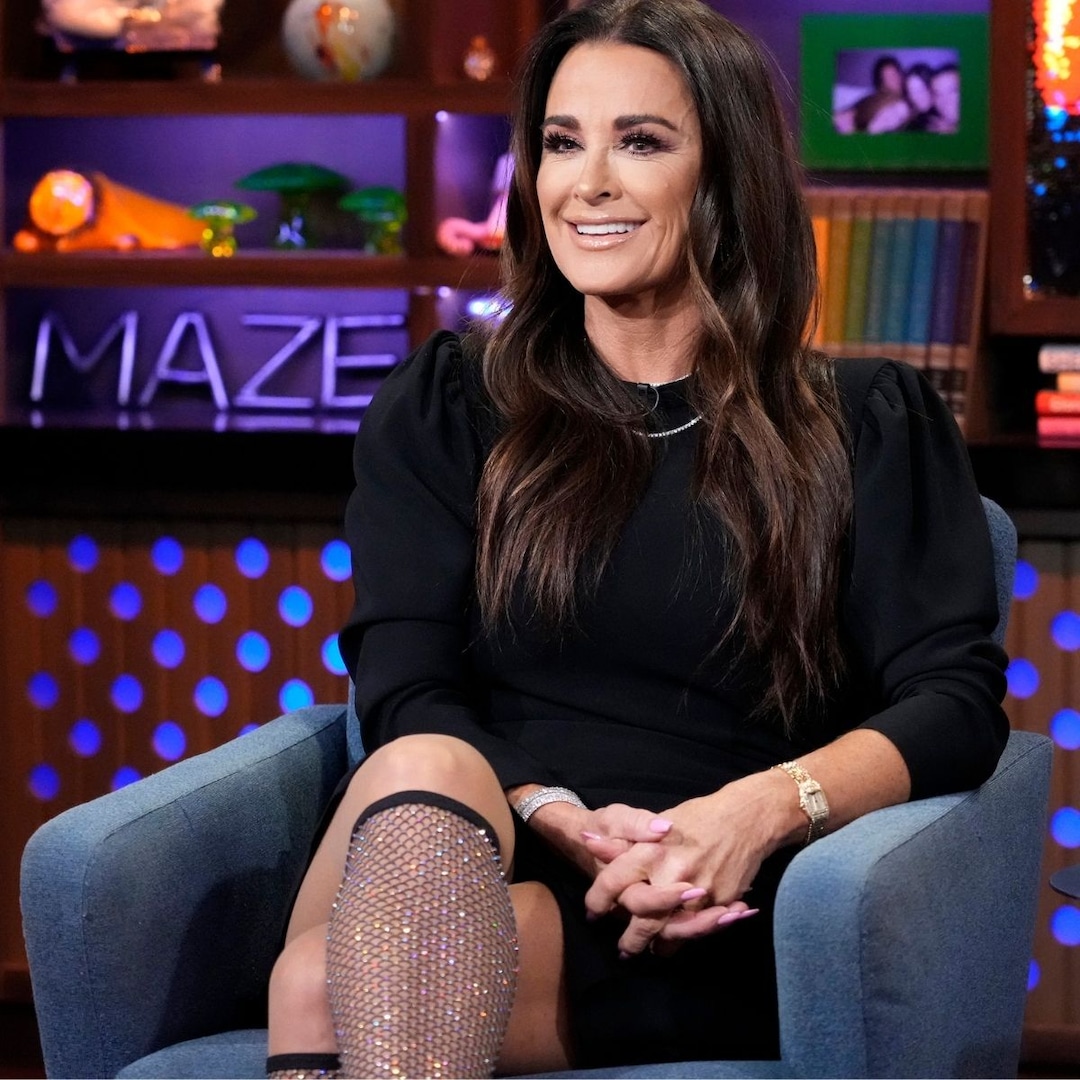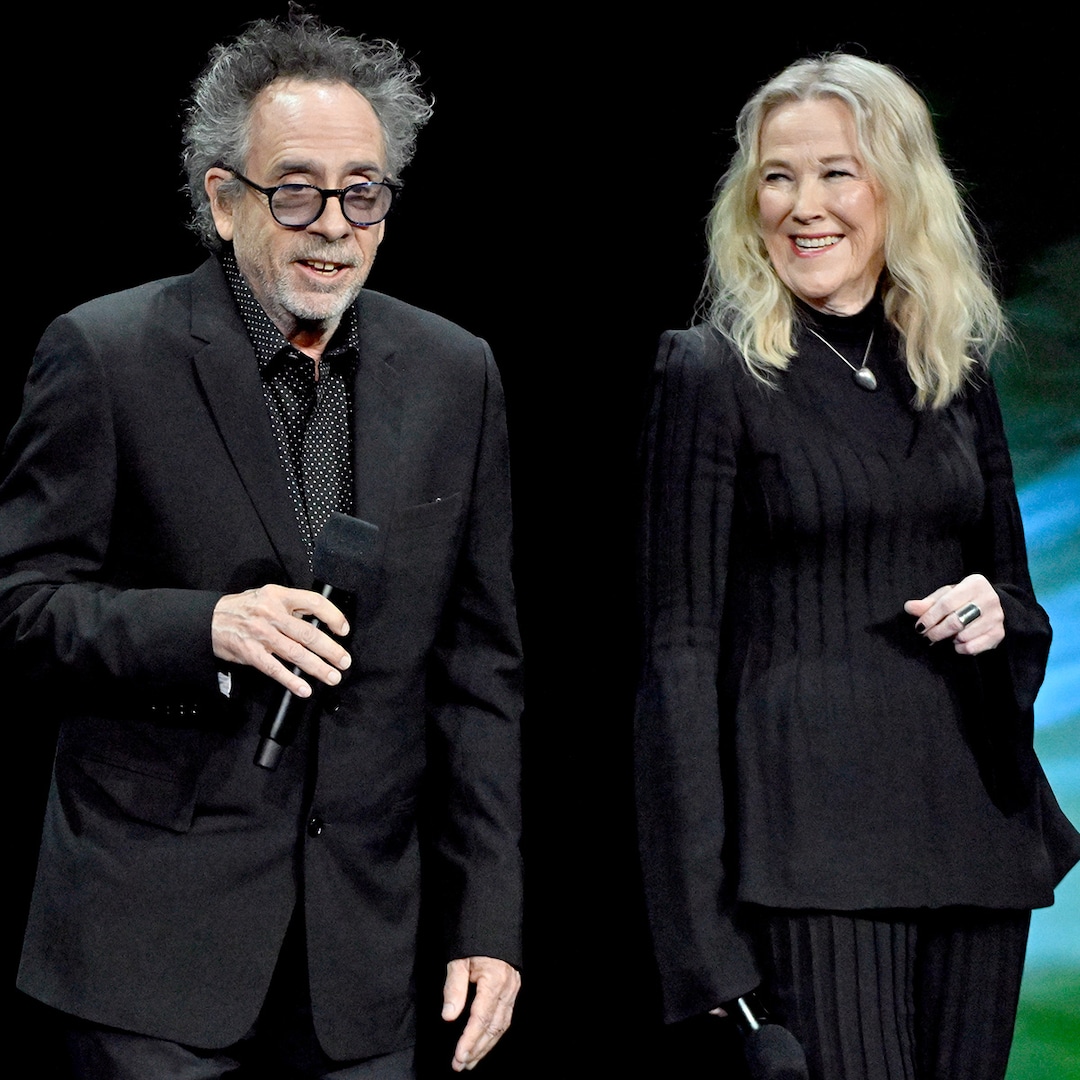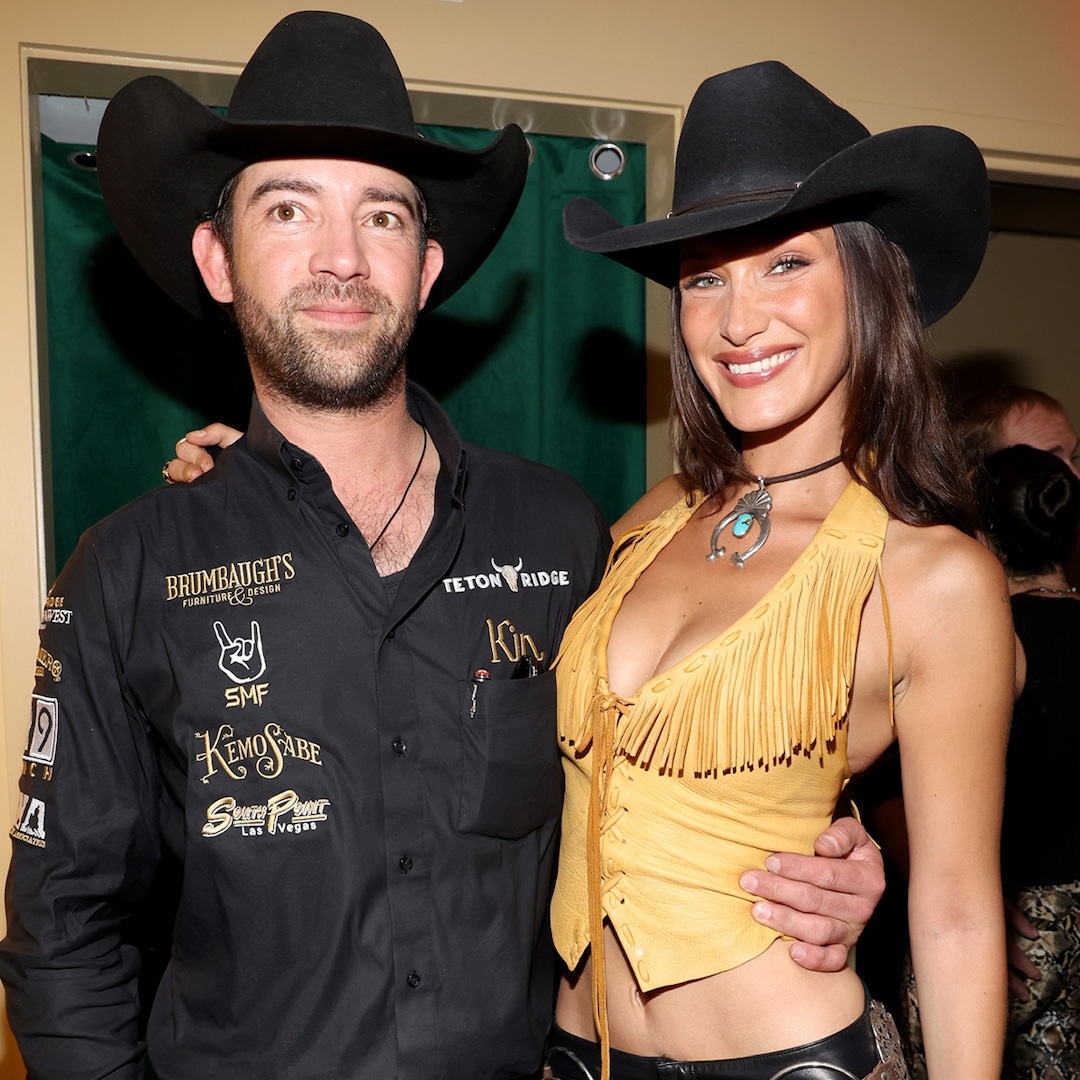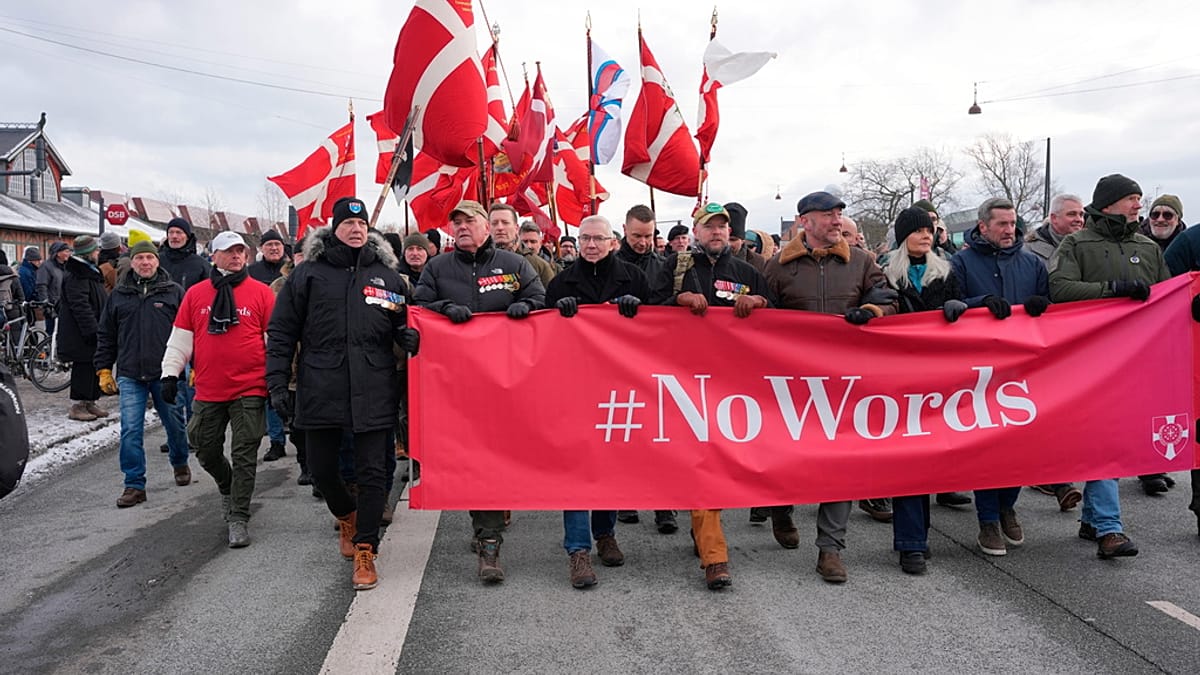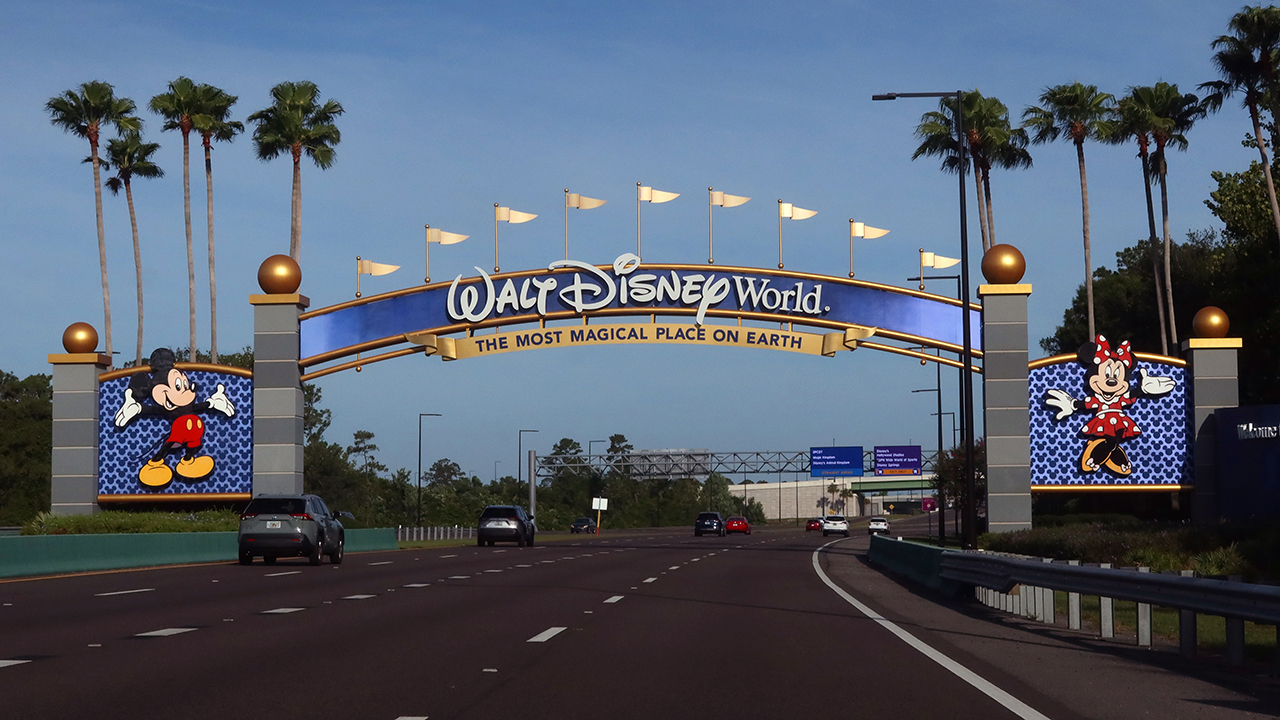Charles Perry on Driving Business Success Through Sustainability


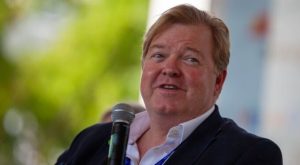 Charles Perry is a leading voice in corporate sustainability and one of the UK’s most in-demand sustainability speakers. With a distinguished career spanning senior roles at BP, Good Energy, and GreenOrder, Charles has been instrumental in shaping the green strategies of global corporations.
Charles Perry is a leading voice in corporate sustainability and one of the UK’s most in-demand sustainability speakers. With a distinguished career spanning senior roles at BP, Good Energy, and GreenOrder, Charles has been instrumental in shaping the green strategies of global corporations.
From founding BP Green Energy to advising climate initiatives at COP26, his work has consistently driven the transition towards a more responsible and regenerative future.
In this exclusive Q&A, Charles shares actionable insights on how businesses can embed sustainability at their core, the commercial value of climate-driven innovation, and the role of renewable energy in building a post-fossil fuel economy.
Q: In your experience working with major corporations, how can embedding sustainability as a core value drive both tangible business outcomes and long-term brand equity?
Charles Perry: “Well, first of all, sustainability is a value system whereby the whole culture becomes driven by doing the right thing in financial, social, and environmental terms. So, across all three, it’s embedding sustainability to become a force for good. And as a result of the business really embedding that culturally, it becomes much more purpose-driven. It becomes a more admired business. It gets a brand reputational uplift in terms of intangible value.
“And then, most importantly, I think sustainability goes directly to the bottom line. I’m a specialist in making the business case for sustainability and proving it in a lot of different client sectors. If you take retail, for example, it was quite easy with Tesco, our largest client for seven years, to deliver bottom-line savings almost immediately from sustainability initiatives.
“Take one example: putting sliding doors on refrigerators in the stores. That brought down the energy bill dramatically and cut energy use in the stores by over 25%.”
Q: As consumer attitudes shift, what role does sustainability play in influencing purchasing behaviour and shaping market leadership?
Charles Perry: “So, with consumers, there’s always a segmentation of consumers that companies need to be very on top of from an insights point of view — tracking how those customer segments are changing, how they are developing.
“What typically happens is you see attitudes changing. You can see this in any sort of tracker on attitudes in a country — what are the top priorities, what are people concerned about, what would they like to see from their elected leaders or from brands that they want to do business with.
“And so I think matching people’s concerns with business solutions is a very smart way to do business. So, you know, if you can see that a customer segment is becoming increasingly concerned about the environment, for example, or climate change or biodiversity loss, then if you’re in a position as a business driven by purpose to fulfil a solution to that concern, it’s looking for the pain and solving that pain.
“And that’s, I think, how brands can really accelerate from almost unknown brands to hero brands.”
Q: From a leadership and operational standpoint, what practical steps can organisations take to integrate climate action into their business models in a way that is authentic and commercially viable?
Charles Perry: “Yeah, so it definitely depends on the business. It’s all about making it authentic for that business and that culture. That means it’s got to be about the leadership to start off with.
“Whether that leadership comes to it from an awakening from outside of their organisation or from junior people in the organisation, the point is that awakening at leadership level starts to mean that the business does things differently. It’s described as an “aha” moment.
“And there have been lots of these in well-known companies, like Stuart Rose at Marks & Spencer in 2007 after he watched the film An Inconvenient Truth by Vice President Al Gore. He describes it himself as an “aha” moment. He suddenly realised: okay, we’ve got to do things differently. So out of that was born Plan A — because there’s no Plan B.
“Plan A has become synonymous with Marks & Spencer and their quest for delivering solutions on the pillars of sustainability. Unilever is a similar example, driven by Paul Polman. He also had an awakening — I think that was more driven from internally, discussions internally and experiences that he had rising up the ranks at Unilever.
“Then his leadership team — they came up with the Sustainable Living Plan, a strategy to really double growth and halve footprint, and showing that you can decouple growth from footprint. So, growth doesn’t need to come from more polluting activities — it can be quite the opposite, driving efficiencies.
“So, I think it starts with leadership and then developing a narrative, which then becomes a strategy. It becomes very clear in terms of targets that are set. The culture becomes motivated around those targets.
“And then you’ve got to deliver those — called operationalising sustainability or making it second nature. In our case, we co-founded a business called Second Nature to do exactly that for our corporate clients.
“And it’s about initially proving that strategy in certain examples within the corporate, and then that catches on pretty fast. Because as soon as people see the results of the sustainability initiatives — that they either increase top line by attracting new customers and increasing customer loyalty, or they go straight to the middle cost line and reduce costs through efficiencies — taking out waste (waste costs money).
“Another example at Tesco was the amount of construction waste that they used to send to landfill. It cost them a fortune with the landfill tax escalator going up every year. So they asked us, look, could we come up with a different way so that they wouldn’t have to put this construction waste in landfill?
“We weren’t even aware they were putting so much heavy waste into landfill, which was costing them a fortune. So again, a circular model there prevented any further costs and just started a reuse model. And then that started governing all of their thinking about moving from a linear model to a circular model.
“So, they started to do it in all sorts of different ways in their stores. So yeah, it’s got to become embedded — and that means the value system and the attitudes of the staff have to also embody and personify this leadership. And it becomes a force for good in terms of that brand positioning, the strategy, and the delivery.”
This exclusive interview with Charles Perry was conducted by Jack Hayes.
The post Charles Perry on Driving Business Success Through Sustainability appeared first on European Business & Finance Magazine.
